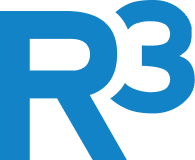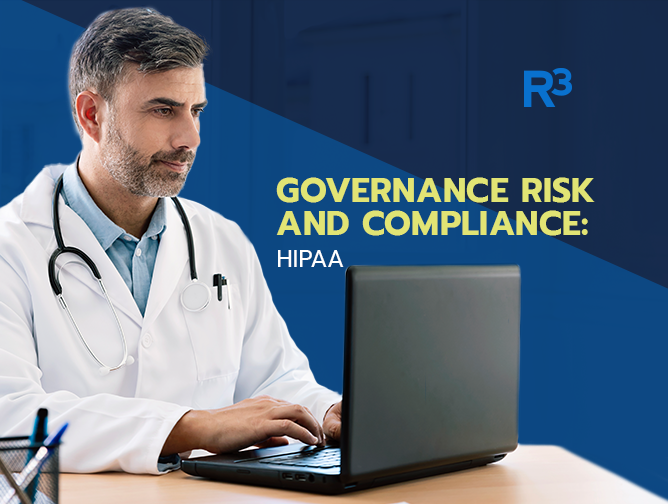Compliance as a service (CaaS) for the Health Insurance Portability and Accountability Act (HIPAA) is a vital service that ensures healthcare organizations adhere to the stringent privacy and security rules governing patient data. HIPAA mandates that healthcare providers, insurance companies, and their business associates safeguard patient information, and any violation can result in hefty fines and damage to the organization’s reputation. In this article, we’ll discuss the importance of CaaS for HIPAA compliance and why you need an IT managed service provider for this service.
How can CaaS help with HIPAA compliance?
First, let’s start with the basics. CaaS for HIPAA compliance is a comprehensive solution that covers all aspects of HIPAA regulations, including administrative, physical, and technical safeguards. These safeguards ensure that patient data is secure, confidential, and only accessible to authorized personnel. CaaS providers use various tools and technologies to assess the organization’s current compliance posture, identify gaps, and provide remediation guidance.
Now, let’s move on to the importance of CaaS for HIPAA compliance. Healthcare organizations hold vast amounts of sensitive patient data, including medical records, social security numbers, and financial information. Any breach of this data can lead to severe consequences, such as identity theft, medical fraud, and reputational damage. HIPAA compliance helps prevent these incidents by enforcing strict security and privacy measures.
CaaS for HIPAA compliance takes this a step further by providing ongoing monitoring, assessment, and remediation services to ensure the organization remains compliant. This is particularly important given the ever-changing threat landscape and the evolving regulatory requirements. CaaS providers stay up-to-date with the latest trends and regulations to ensure that their clients are always compliant.
How can an MSP help you comply with HIPAA requirements?
Now that we’ve established the importance of CaaS for HIPAA compliance let’s discuss why you need an IT managed service provider for this service. First and foremost, CaaS requires a deep understanding of HIPAA regulations and the IT infrastructure supporting healthcare organizations. This expertise is not easy to come by, and it’s often challenging for small to medium-sized healthcare providers to hire and retain a dedicated team of experts.
IT managed service providers (MSPs) specialize in providing IT services to organizations that don’t have the resources or expertise to manage their IT infrastructure. MSPs have a team of experts who are knowledgeable in various IT domains, including HIPAA compliance. By leveraging the MSP’s expertise, healthcare organizations can ensure that their IT infrastructure meets the stringent HIPAA requirements.
Another reason why you need an MSP for CaaS is that compliance is an ongoing process. Compliance is not a one-time event, but a continuous process that requires ongoing monitoring, assessment, and remediation. MSPs can provide these services on an ongoing basis, freeing up the organization’s resources to focus on their core business functions.
MSPs can also provide a range of services that support CaaS, such as data backup and recovery, network security, and threat intelligence. These services help healthcare organizations reduce their risk of data breaches and ensure they remain compliant with HIPAA regulations.
In addition to their expertise and ongoing support, MSPs can also help healthcare organizations reduce their IT costs. MSPs can provide services on a subscription basis, which is often more cost-effective than hiring a dedicated team of IT professionals. MSPs also have access to the latest tools and technologies, which they can leverage to optimize the organization’s IT infrastructure and reduce costs.
Now that we’ve discussed the importance of CaaS for HIPAA compliance and why you need an MSP for this service, it’s clear that CaaS is a critical service for healthcare organizations that handle sensitive patient data. With the ever-changing threat landscape and evolving regulatory requirements, it’s essential to work with an MSP that specializes in HIPAA compliance to ensure your organization remains compliant and secure.
Working with an MSP for CaaS can provide healthcare organizations with a range of benefits. MSPs can provide:
- expertise and resources needed to manage IT infrastructure and ensure HIPAA compliance.
- ongoing monitoring, assessment, and remediation services to ensure that the organization remains compliant with HIPAA regulations.
- additional services, including data backup and recovery, network security, and threat intelligence.
In addition to these benefits, working with an MSP can also help healthcare organizations reduce their IT costs. MSPs can provide services on a subscription basis, which is often more cost-effective than hiring a dedicated team of IT professionals. MSPs also have access to the latest tools and technologies, which they can leverage to optimize the organization’s IT infrastructure and reduce costs.
One potential concern with working with an MSP is the loss of control over IT infrastructure. However, this concern can be addressed by selecting an MSP that has a transparent and collaborative approach to working with their clients. MSPs should provide regular reports and updates to their clients to ensure they are aware of any issues or concerns.
Another concern is the risk of data breaches. Healthcare organizations must ensure that their MSP is also compliant with HIPAA regulations and has robust security measures in place to protect patient data. Healthcare organizations should thoroughly vet potential MSPs and ensure that they have a proven track record of HIPAA compliance and data security.
CaaS for HIPAA compliance is a critical service for healthcare organizations that handle sensitive patient data. CaaS providers offer comprehensive solutions that cover all aspects of HIPAA regulations, including administrative, physical, and technical safeguards. Working with an MSP for CaaS can provide healthcare organizations with a range of benefits, including expertise, ongoing support, and cost savings. However, healthcare organizations must ensure that they select an MSP that is compliant with HIPAA regulations and has robust security measures in place to protect patient data. With the ever-changing threat landscape and evolving regulatory requirements, healthcare organizations cannot afford to take HIPAA compliance lightly.


